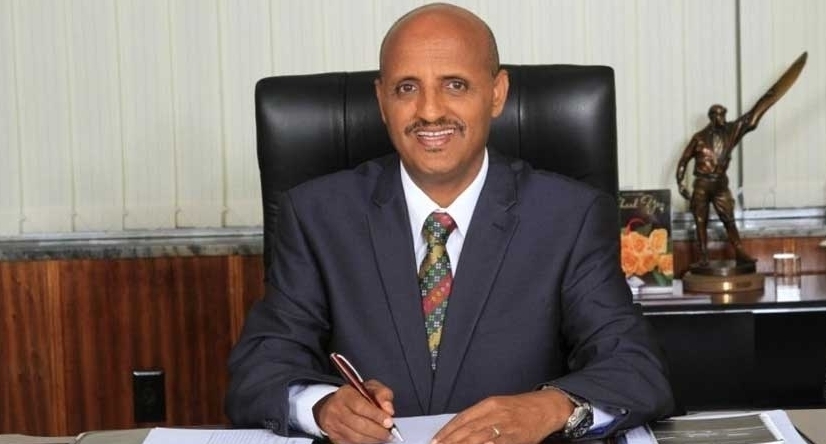Ethiopian Airlines fighting for survival amid Covid-19: Tewolde Gebremariam
Ethiopian Airlines CEO Tewolde Gebremariam has described as “a struggle that we’re performing for survival.”

April 24, 2020: Several weeks after the lockdown, Ethiopian Airlines CEO Tewolde Gebremariam has described as “a struggle that we’re performing for survival.” The airline has been ramping up cargo operations while seeking to defer lease payments on aircraft.
“To be honest with you, I had never thought that it would reach this stage,” Tewolde told AFP in an interview this week. “I had never thought that it would spread like this at this speed, and also in this magnitude. It is just too fast and too expansive and it’s beyond imagination.”
In early March, Gebremarium told an aviation conference in Addis Ababa the coronavirus pandemic was “a temporary problem” – comparable to a natural disaster or a spike in oil prices.
Across Africa, airlines stand to lose $6 billion in passenger revenue in 2020 compared to last year because of the coronavirus, the International Air Transport Association mentioned in a recent report.
Ethiopian Airlines said it is facing a revenue loss of $550 million from January to April alone.
“If you put yourself in my shoes, the only way for Ethiopian Airlines is to expand or refocus its resources, energy, and time on businesses which are not affected by the coronavirus,” he said.
Even with the airline now assuming a critical role in Africa’s pandemic response, ferrying deeply needed medical equipment across the continent – it may not last three more months before seeking outside financial aid, he said.
“Will we be able to sustain with only 15 percent of our revenue?” he says, referring to the amount typically brought in by cargo. “For a short period of time, yes. But for how long? Very difficult to predict.”
The airline is expecting to be involved in a critical capacity in Africa’s pandemic response. On Monday it finished distributing the second batch of masks, testing kits, ventilators, and other supplies donated to African countries by Chinese billionaire Jack Ma. And last week the United Nations opened an aid transport hub in Addis Ababa that will rely on Ethiopian cargo jets to move supplies and aid workers across the continent.
As the financial toll continues to mount for Ethiopian, the company has been in talks to defer lease payments on aircraft and it may seek deferrals on some payments of $2-billion in debt, he said.
Gebremariam assures that Ethiopian remains committed to long-term growth plans including building a new $5 billion airport outside Addis Ababa.


